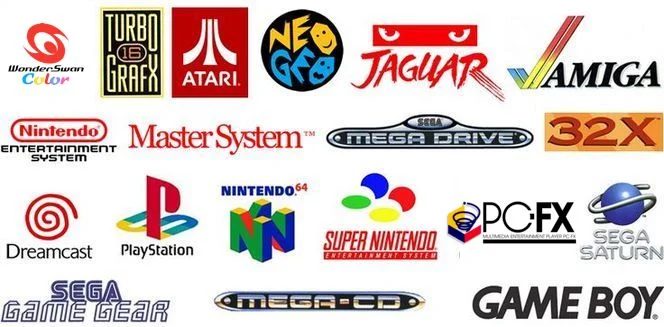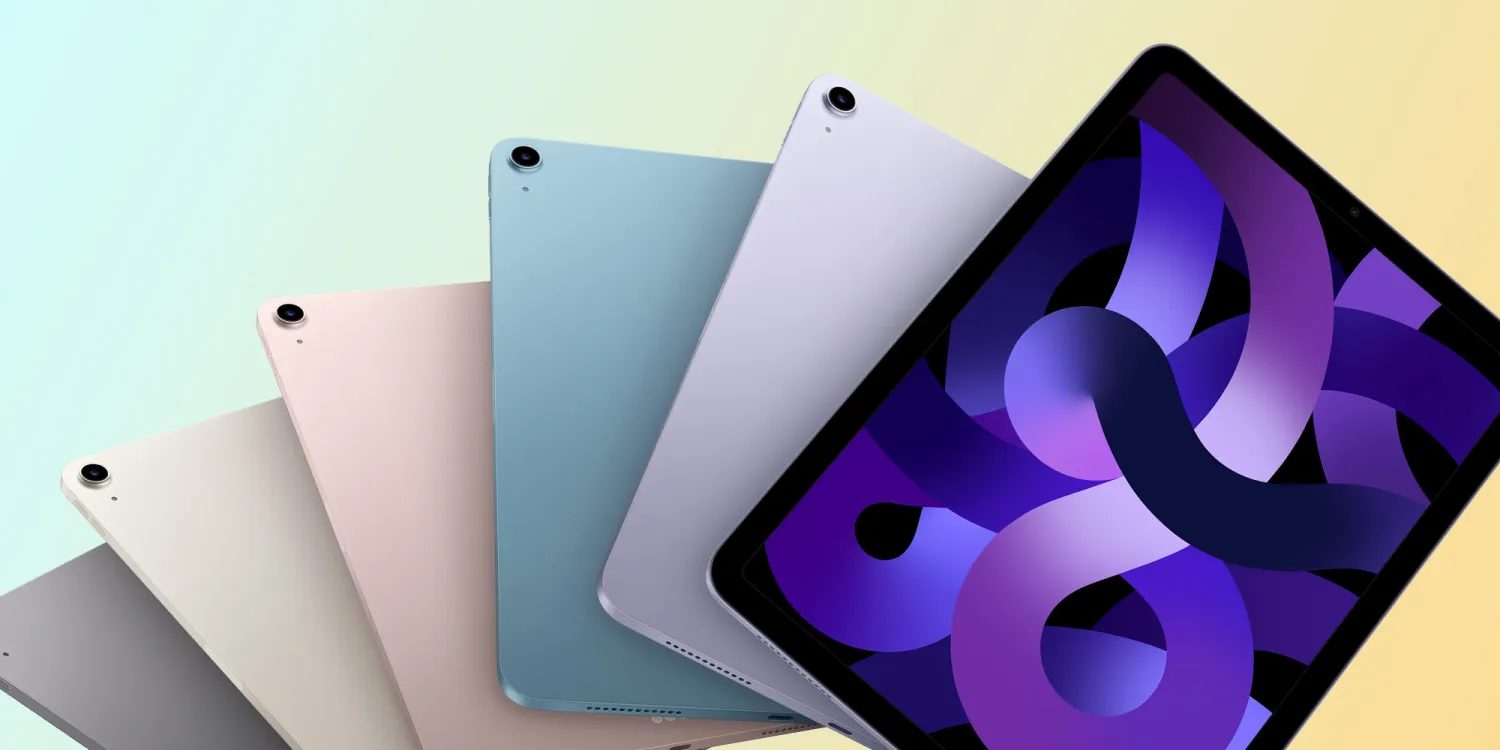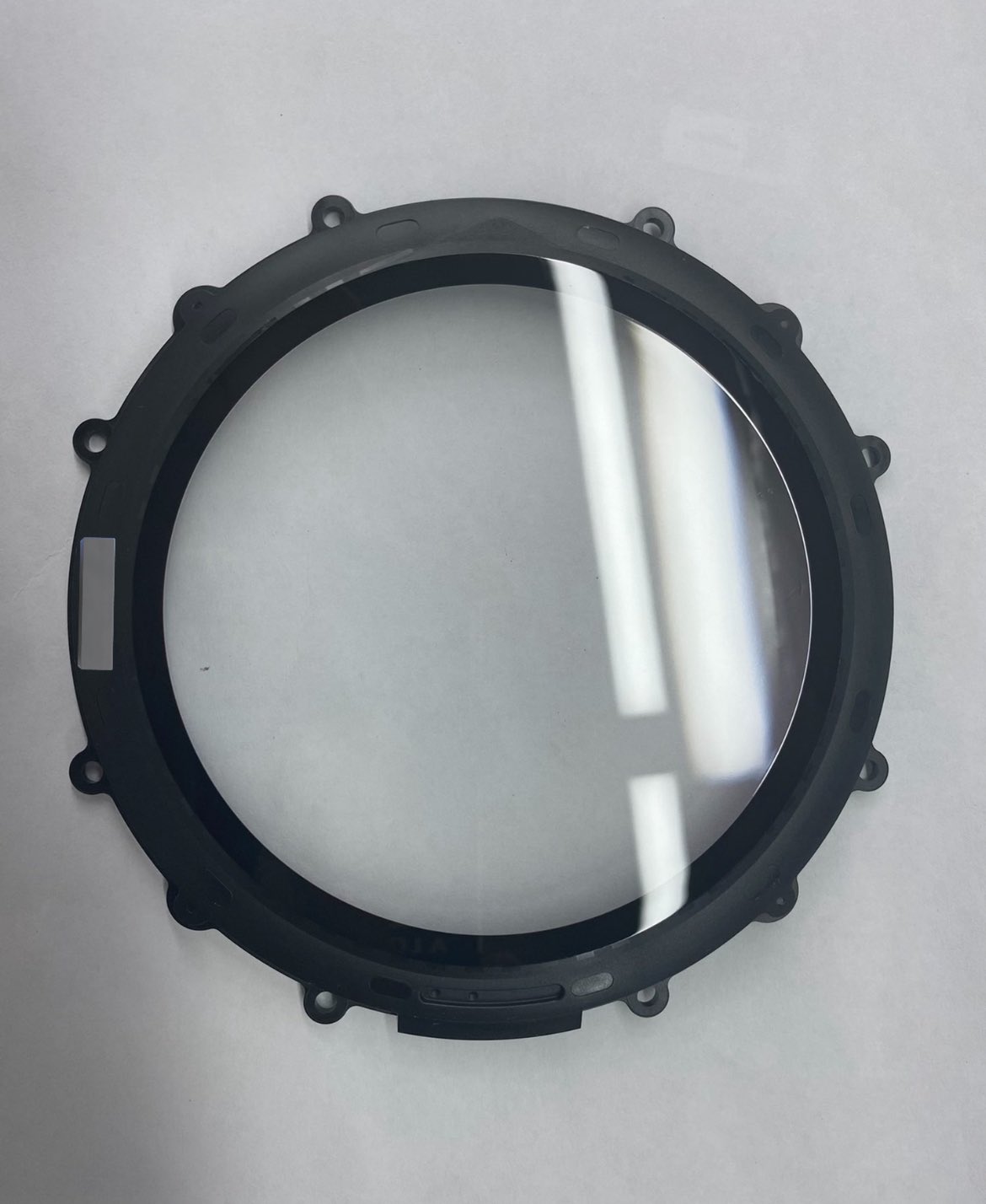
Global Chip Shortage Will Drag into 2024, Says Intel CEO

Image: Intel Corporation
In an interview with CNBC‘s “TechCheck” on Friday, Intel CEO Pat Gelsinger said the company now expects the ongoing global semiconductor shortage to last until 2024.
The chip shortage was originally a product of the COVID-19 pandemic, which elevated global demand for consumer electronics to record highs at a time when manufacturing facilities were forced to go offline.
While demand is starting to taper off, Intel says the latest round of supply bottlenecks are a result of the constrained availability of key manufacturing equipment for chip fabrication.
“That’s part of the reason that we believe the overall semiconductor shortage will now drift into 2024, from our earlier estimates in 2023, just because the shortages have now hit equipment and some of those factory ramps will be more challenged,” said Gelsinger.
Since Gelsinger took Intel’s helm as CEO in February 2021, the company has made massive investments in added production capacity, with planned fabrication plants in the U.S. and Europe. The manufacturing equipment shortage may push back the timeline for Intel to ramp production at these facilities, though.
Russia’s invasion of Ukraine isn’t helping, either. More than half of the world’s neon, a key raw material for the lasers used in a step in semiconductor manufacturing known as lithography, comes from Ukraine.
In light of the revised chip shortage forecast, Intel reined in its fiscal second-quarter guidance, which dipped below Wall Street’s expectations. However, Intel’s fiscal first-quarter earnings exceeded analyst expectations.
“We’ve really invested in those equipment relationships, but that will be tempering the build-out of capacity for us and everybody else, but we believe we’re positioned better than the rest of the industry,” the Intel CEO concluded.
Fellow chipmaker TSMC said last year that semiconductor supply would remain hampered well into 2022.
The chip shortage has become a hindrance to many major industries across the world, especially since processors are now going into everything from smartphones and cars to traditionally “dumb” electronic appliances like washing machines.
Last year, Apple reportedly cut back production targets for its iPhone 13 due to less-than-expected chip supply.

